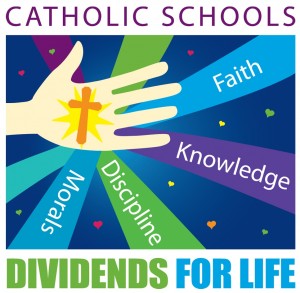A couple weeks ago, I started a history of the shift in education in America from private to government schools. I said there were three groups pushing for this change.
The first group was Unitarians, who denied the Trinity and sought to replace church education with education dictated by government. They also believed that education was the answer for all societal ills.
The second group was the Owenites, followers of Robert Owen, a communist utopian who emigrated from Britain to set up a model communist settlement. When that failed, he decided it was of the utmost importance to train Americans out of their belief in private property. He, like the Unitarians but for different reasons, sought to set up state-controlled schools to achieve his goal.
Neither of these groups was large enough to affect the drift of education nationally. The Unitarians were influential in Massachusetts but not in other places. The Owenite philosophy was not all that popular in an America founded on Biblical priniciples, which promoted the concept of private property.
It took a third group, one more numerous and influential, to make government-controlled education a reality. Surprisingly, that group was the evangelical Protestants, who were dominant in the nation.
Why would they want to change the system? After all, most education at that time was private, and operated out of churches or communities with a common Protestant faith. Why would they seek to alter what was already working for them?
The answer, in one word, was: fear. But fear of what?
By the 1840s, America was experiencing a wave of immigration from Ireland. The Irish were Catholic. Many Protestants feared that the Protestant foundation of the country would be forever changed by this immigration. What were they to do?
They sought the answer in a school system run by the state that they could control. They hoped to force all the young children of Catholic families into those schools where they would be taught the Protestant faith, thereby maintaining that foundation for the nation.
 Many Catholics, however, didn’t cooperate with these plans. Instead, the Catholic church set up schools to teach their own. These schools, the fruit of private enterprise, foiled the desire of the Protestants.
Many Catholics, however, didn’t cooperate with these plans. Instead, the Catholic church set up schools to teach their own. These schools, the fruit of private enterprise, foiled the desire of the Protestants.
Now, I’m a Protestant. I would also like students to be brought up in the faith that I consider more consistent with how I view Biblical doctrines. But to call upon the state to be the enforcer of that? Here’s where we open the proverbial Pandora’s Box, and the Protestants of that era found a box that they wanted to open.
Next time: the model the Protestants followed in setting up government schools, and how inconsistent it was not only with their faith, but also with America’s history and governmental philosophy.
